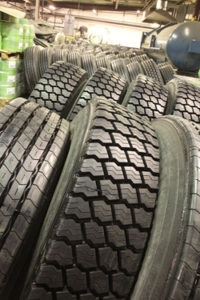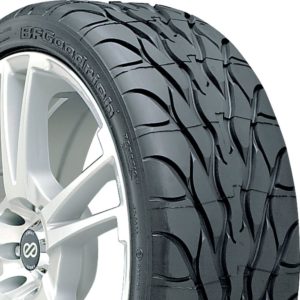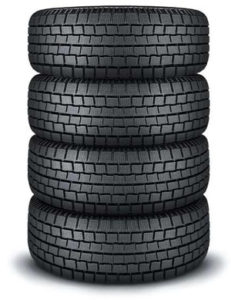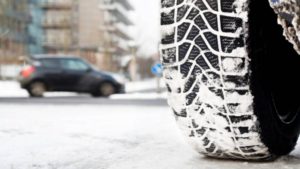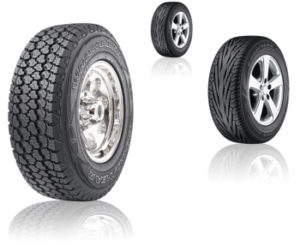 These are the tire rating codes that you will find on your tires. It is important that you match the right tires with the proper ratings to your vehicle. Check your instruction booklet for the proper tires for your car, truck or SUV ! Using the wrong tires can make your car unstable while driving causing loss of control.
These are the tire rating codes that you will find on your tires. It is important that you match the right tires with the proper ratings to your vehicle. Check your instruction booklet for the proper tires for your car, truck or SUV ! Using the wrong tires can make your car unstable while driving causing loss of control.
Alternatively, your tire dealer can recommend the proper tires for your car based on speed ratings and manufacturer guidelines. If you chose tires that are not recommended for your car there is a chance of experiencing instability at higher speeds which could lead to an accident. Additionally you may not be able to stop as fast or properly in an extreme breaking situation. Stick with the right tires for your car.
Tire Ratings
- L 75 mph 120 km/h Off-Road & Light Truck Tires
- M 81 mph 130 km/h
- N 87 mph 140km/h Temporary Spare Tires
- P 93 mph 150 km/h Q 99 mph 160 km/h Studless & Studdable Winter Tires
- R 106 mph 170 km/h H.D. Light Truck Tires
- S 112 mph 180 km/h Family Sedans & Vans
- T 118 mph 190 km/h Family Sedans & Vans
- U 124 mph 200 km/h H 130 mph 210 km/h Sport Sedans & Coupes
And even higher speeds, consider:
- V 149 mph 240 km/h Sport Sedans, Coupes & Sports Cars
- W 168 mph 270 km/h Exotic Sports Cars
- Y 186 mph 300 km/h Exotic Sports Cars
I have always wondered about these speed ratings for tires. Who is going to drive at 300 kilometers per hour or 187 miles per hour on North American roads? The roads are not built for these speeds and if you do drive anywhere close to this level, chances are a police car is going to be in hot pursuit. While they may not be able to catch you, they will lay down spike belts somewhere ahead and channel you towards them so that you ruin an extremely expensive set of tires, possibly your car and probably lose your license for a long time or worse end up in jail.
If you happen to be racing on a circuit then yes you need these tires rated for high speeds, but no the average consumer who drives everyday to work or to the corner store for a quart of milk.
Winter Tires
On another topic, consumers also should drive primarily with all season tires in most areas on their vehicles. Unless you live in areas were there is a lot of snow. If so you should plan to install winter tires on your car for the winter. In some jurisdictions, it is a law for residents to have winter tires on their cars during the winter.
The recent winter of 2013 and 2014 has shown what happens when snow and ice hit an area which is not prepared for snow and ice. Everything comes to a standstill and no one can move because they are driving around on bald summer tires, summer tires. If they had all season tires or winter tires, many of these people who are blaming the government for no salt on the roads would have been able to get around much better and would not have been complaining about being on the road for 8 or 10 hours stuck in traffic that could not move. None of the talking heads on the news programs that were reporting these events talked at all about anyone having winter tires on their cars or even anything about tires. You can rest assured that people in the south are not using winter tires no even all season tires on their cars.
